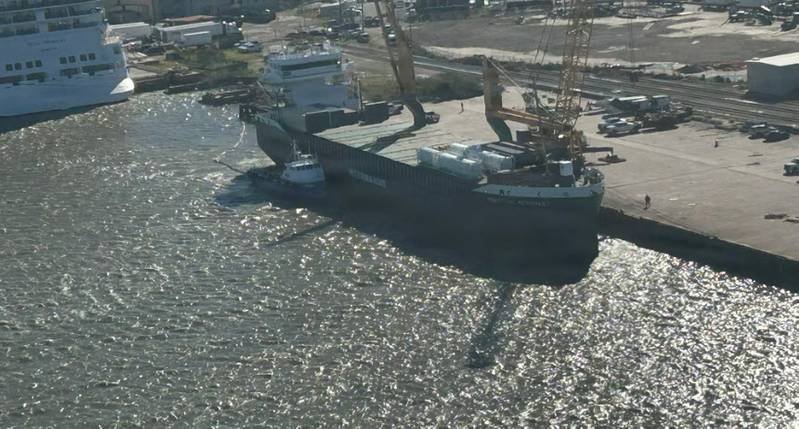Three years after the MV Wakashio ran aground on a coral reef off Mauritius, spilling 1000 tons of Very Low Sulphur Fuel Oil (VLSFO), Curtin University-led research has confirmed that the oil is still present in an environmentally sensitive mangrove forest near Ramsar conservation sites. Lead researcher Dr. Alan Scarlett from Curtin’s WA Organic and Isotope Geochemistry Center stated that the chemical fingerprint of the oil found in the mangrove sediments matched the VLSFO spilled by the Wakashio in 2020, the first recorded spill involving this type of fuel. The confirmation of oil contamination is crucial for both the people of Mauritius and global understanding, as little is known about the behavior of this new marine fuel once it is spilled.
Samples from the mangrove wetlands, including a reference site believed to be unaffected by the spill, were analyzed using advanced chemical techniques. The reference site was found to be free of oil contamination, while another site contained oil from the Wakashio’s fuel tanks. Despite substantial weathering and biodegradation of the spilled oil over the past three years, some toxic compounds remain, posing an unknown risk to the sensitive mangrove ecosystem. A unique chemical fingerprint of the spilled oil, obtained in a previous collaboration with the Woods Hole Oceanographic Institution, confirmed its presence in the mangrove sediments.
The study also compared the behavior of the Wakashio’s VLSFO with traditional marine heavy fuel oils using models developed from the National Oceanic and Atmospheric Administration’s oil spill scenario tool, WebGNOME-ADIOS. The modeling suggested that more of the Wakashio’s fuel would evaporate, disperse naturally, or sink compared to traditional fuels. However, assessing the impact on organisms remains challenging. The research, titled ‘Very Low Sulfur Fuel Oil spilled from the MV Wakashio in 2020 remains in sediments in a Mauritius mangrove ecosystem nearly three years after the grounding,’ was published in the Marine Pollution Bulletin.

















